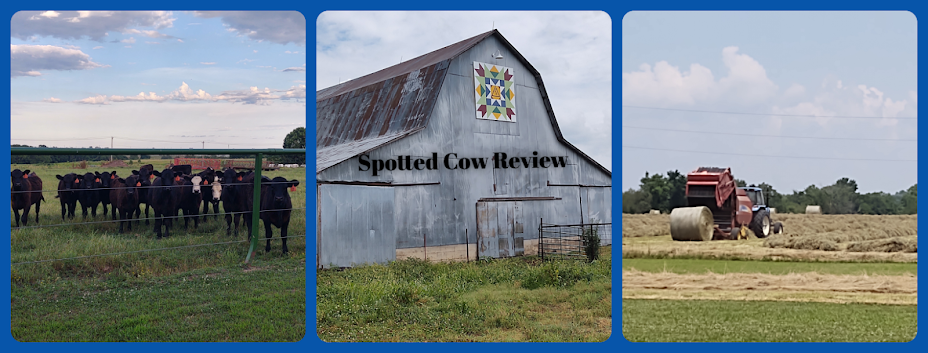Like it or not, rules and regulations are a part of our everyday lives.
In fact, we are permitted to farm because we follow the rules that
protect the environment for us, our neighbors and our cows.
We've been following the rules and regulations of the Arkansas Department
of Environmental Quality with a Regulation 5 Permit since 1985.
The Regulation 5 Permit allows our dairy farm to store liquid
and dry manure that is produced by our dairy cows.
Our facility was designed by a professional engineer to
make sure that storage was adequate and designed specifically
to protect the environment and preserve our water quality.
A nutrient management plan that has been designed by a soil specialist
guides the amount,source, placement and timing of manure on fields.

Whether you are a dairy farmer or a hog farmer,
we love the land, live to protect it and follow the rules so
we are permitted to farm.



















.jpg)
.jpg)










.jpg)
.jpg)
.jpg)


.jpg)



.jpg)






